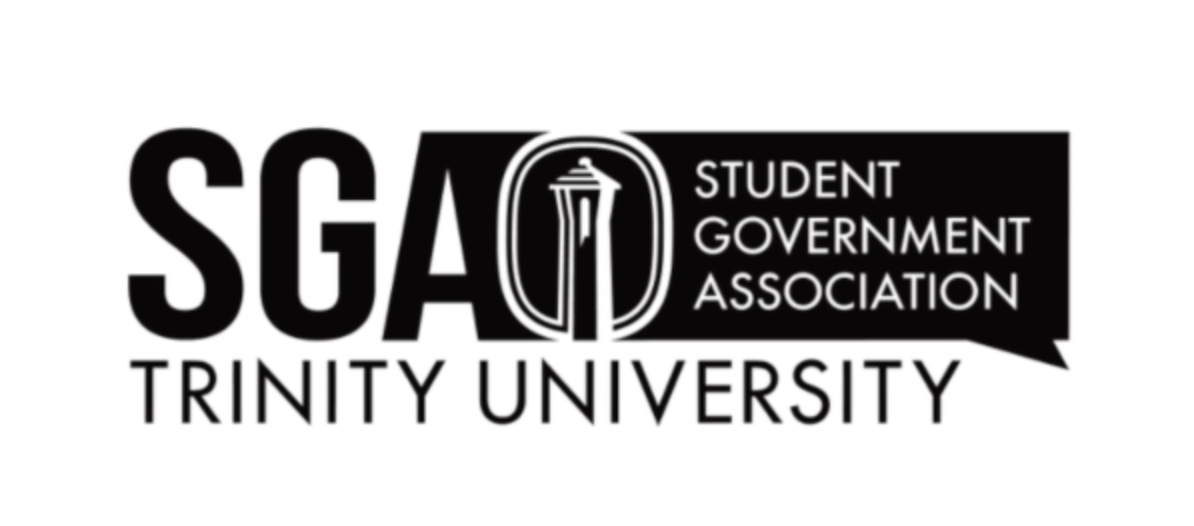Effective at the end of this semester, Trinity University is implementing an increase in tuition and new scholarship requirements for students.
Trinity students will be required to maintain a 2.5 cumulative grade point average or better to renew academic scholarships. Previously, Trinity students had to maintain a 3.0 cumulative GPA or better to retain their academic scholarships.
In addition to this scholarship change, Trinity is also increasing the tuition beginning in the fall semester by 4.5 percent.
Christopher Ellertson, the associate vice president for Enrollment and Student Retention, explained that Trinity decided to change its academic scholarship GPA requirement after comparing it to those of other higher education institutions.
“We changed the renewal criteria because we want to provide students with an opportunity to be successful here and not to lose their scholarship support,” Ellertson said. “If you take a look at our merit scholarships, we did a survey of like institutions, and that change is actually more consistent with what other institutions do. The students that we offer scholarships to contain a higher percentage of those who would be able to retain their scholarship with a 2.5 versus the 3.0 renewal criteria. A lot of students will come in and some will struggle with the transition in that first year from high school to college because there are certain areas of academic rigor that will be very demanding that first year.”
Ellertson also explained that the change is meant to benefit students and encourage them to take harder classes that they might have shied away from in the past.
“We want students to take the most challenging courses possible. We don’t want students to back away from challenging courses or have advisors not recommend courses out of fear of losing a scholarship,” Ellertson said.
The Financial Aid Office will monitor this new standard at the end of each academic year. If a student fails to meet the standard yet demonstrates sufficient financial need, they will convert the scholarship to need-based grant.
A few special scholarships have separate renewal criteria. The Semmes Distinguished Scholarship in Science, for example, still requires a 3.0 cumulative GPA.
Besides changing the GPA requirement for merit-based academic scholarships, Trinity is also going to increase its tuition by 4.5 percent for next school year. Glendi Gaddis, director of financial aid, believes that the challenge with tuition is finding a way to make it affordable without losing any of the quality of a Trinity education.
“If you think about education, it’s like everything else: costs go up. I think the challenge for all colleges and universities, not just Trinity, is how do we continue to provide the experience that we want to give students while still efficiently containing the costs without deluding the quality,” Gaddis said. “Some places think what’s most important is keeping the costs low, and it’s OK if the quality is a little diluted. When people come to Trinity and when they receive that diploma from Trinity, they want it to reflect a quality experience.”
Mark Detterick, outgoing vice president for fiscal affairs, pointed out that the increase in tuition is consistent with what Trinity has done in the past.
“Trinity continues to invest heavily in our students and increase access opportunities with a financial aid budget of nearly $36 million. Major capital improvement investments, such as the Center for the Sciences and Innovation, attracting and retaining our talented faculty and staff and implementing technological efficiencies will continue to be strategic priorities. While annual gifts assist in supporting these priorities, additional funding will also require increases to the sticker price of a Trinity education,” Detterick said in an email. “Trinity’s increase in tuition is consistent with the prior year, the smallest year-over-year increase for more than a decade. Trinity’s financial prudency is a significant factor in various media outlets ranking Trinity as a “˜Best Buy.'”




